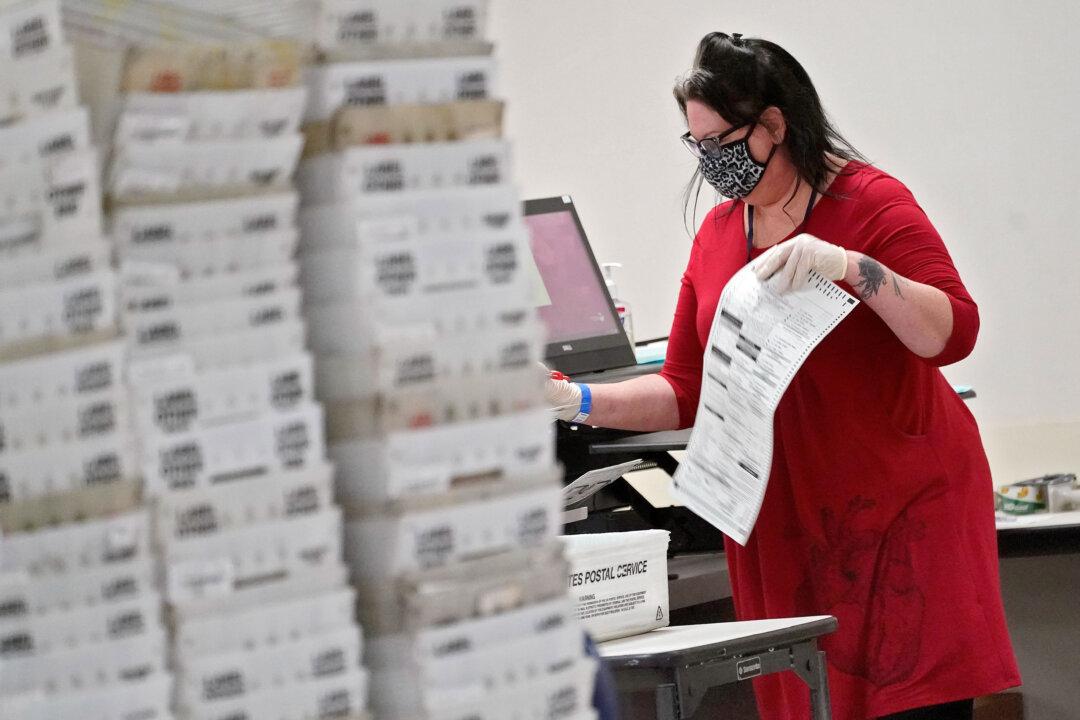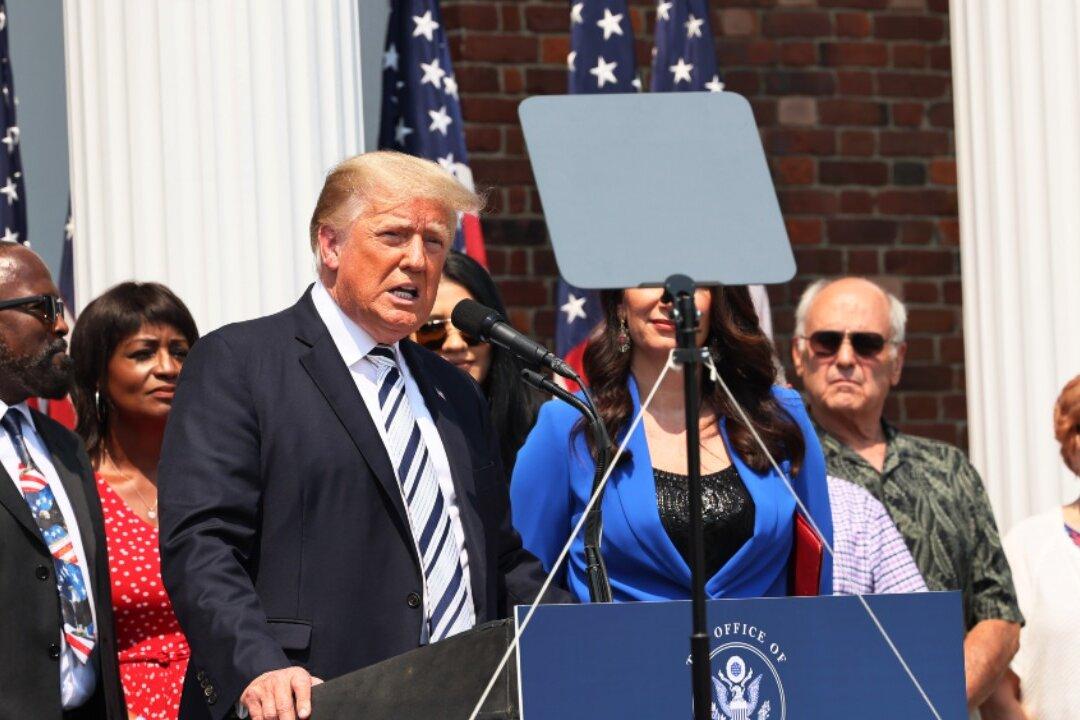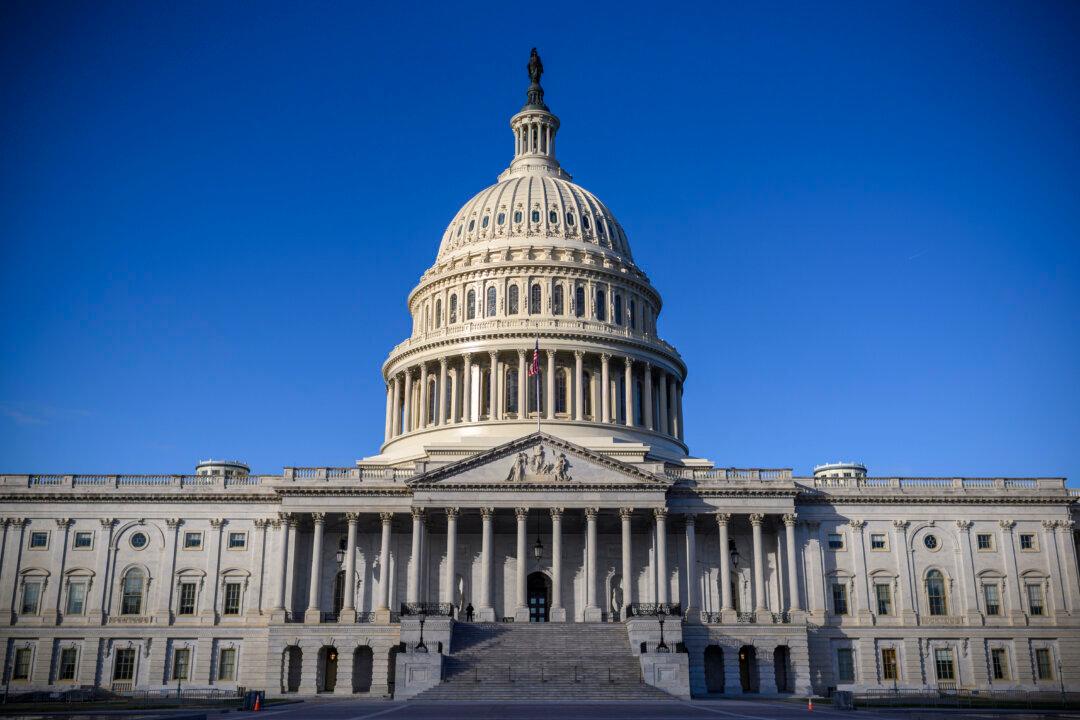The Arizona Senate, which is controlled by Republicans, is ready to start a major audit of 2.1 million ballots for the 2020 presidential election. The recount will be done by hand this time.
The state Senate said in March that they would be conducting a “broad and detailed” audit, adding that they'll test voting machines, scan ballots, look for IT breaches, and perform a hand count.




